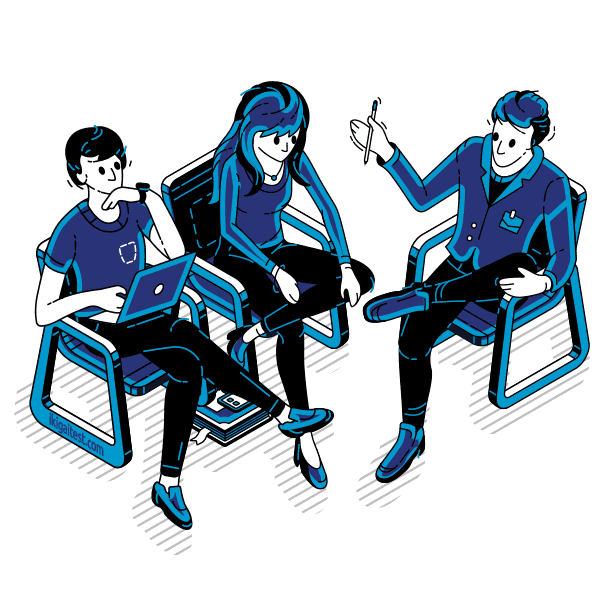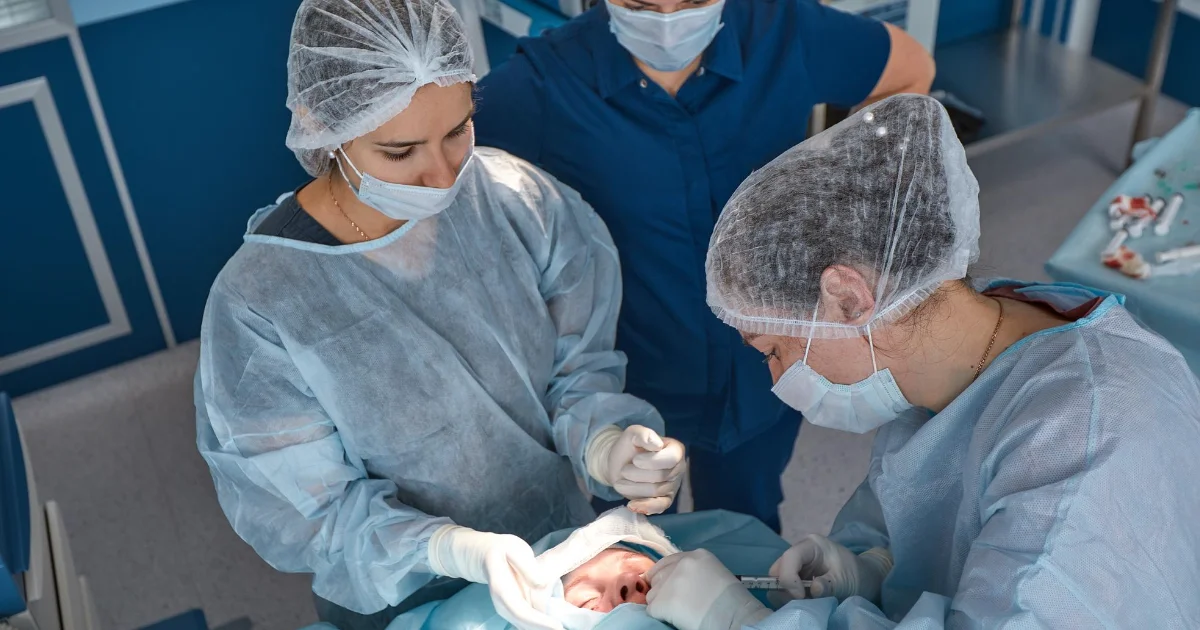Mediator

Mediators should be capable of:
- Providing personal assistance, medical attention, emotional support, or other personal care to others such as coworkers, customers, or patients.
- Developing constructive and cooperative working relationships with others, and maintaining them over time.
- Performing for people or dealing directly with the public. This includes serving customers in restaurants and stores, and receiving clients or guests.
- Handling complaints, settling disputes, and resolving grievances and conflicts, or otherwise negotiating with others.
Supervisor

Any supervisor should excel at:
- Monitoring and reviewing information from materials, events, or the environment.
- Detecting or assessing problems whether real or potential.
- Monitoring and controlling resources and overseeing the spending of money.
Other work activities related to Surgical assistants
- Applying sutures, staples, clips, or other materials for closing skin, facia, or subcutaneous wound layers.
- Assisting in the insertion, positioning, or suturing of closed wound drainage systems.
- Assisting members of surgical team with gowning or gloving.
- Clamping, ligating, or cauterizing blood vessels for controlling bleeding during surgical entry, using hemostatic clamps, suture ligatures, or electrocautery equipment.
- Coordinating or participating in the positioning of patients, using body stabilizing equipment or protective padding for providing appropriate exposure for the procedure or for protecting against nerve damage or circulation impairment.
- Coordinating with anesthesia personnel for maintaining patient temperature.
- Discussing with surgeon the nature of the surgical procedure, including operative consent, methods of operative exposure, diagnostic or laboratory data, or patient advanced directives or other needs.
- Incising tissue layers in lower extremities for harvesting veins.







